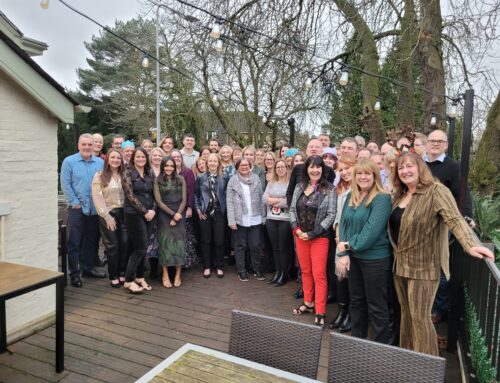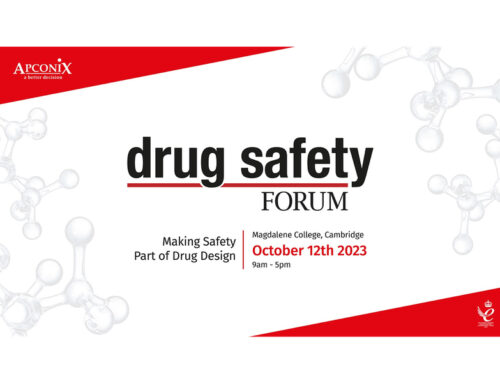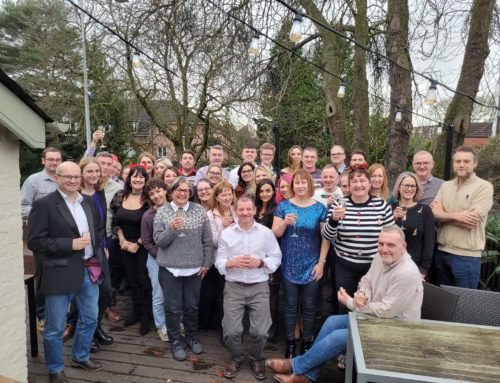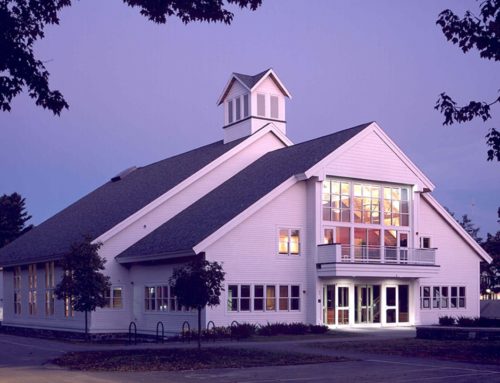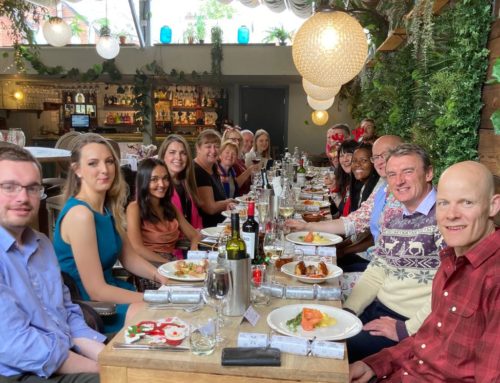ApconiX Co-organises British Toxicology Society Meeting
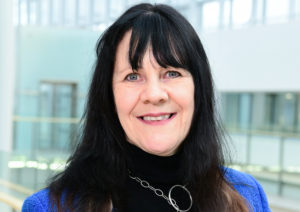
The meeting that ApconiX is co-organising the British Toxicology Society “Science-led Strategies for Success in Discovery and Development Toxicology” is being rearranged for a date later in 2020 – watch this space for updates!
Sponsored by Lonza and AstraZeneca and co-organised by ApconiX, GlaxoSmithKline, Sygnature Discovery and Alderley Park, the meeting is focused on safety risks which are a major cause of attrition in drug discovery and development. A well-designed and delivered toxicology package together with prompt and robust problem solving can make the difference between success and failure.
With advances in novel in vitro and in silico methodologies along with greater understanding of the underlying mechanisms, biomarkers and associated molecular endpoints, discovery toxicology has emerged as a fundamental aspect of early stage R&D and is now recognized as a key step to build for success later in projects.
This one-day meeting, co-hosted by the BTS Mechanistic and Discovery Toxicology subsection, will highlight state-of-the-art and evolving safety assessment strategies in Discovery and early Development Safety Assessment. Focusing on approaches for assessing renal, cardiovascular, gastrointestinal and bone marrow toxicity, alongside emerging areas of science such as the microbiome, immunological reactions, and immune therapy.
Keynote speakers are Dean Naisbitt, Liverpool MRC Centre for Drug Safety Science (CDSS), speaking on “Patient susceptibility to immunological drug reactions – Early screening opportunities” and Mike Chapman, MRC Toxicology Unit in Cambridge speaking on “Understanding and Mediating the Toxicity of Car-T Therapy”. The meeting will be of interest to those from academia, Pharma (large and small) and to CROs who wish to contribute their expertise and to learn more about new developments in drug discovery and development.
Professor Ruth Roberts commented, “This is the third time we have run this meeting – it seems we have found a real niche between academic and industrial drug discovery and development where scientists from all sectors are keen to contribute and to grow their knowledge. In 2020, we have retained the drug discovery and development focus but with a focus on target organ systems, in response to specific suggestions from our audience in 2019’.

